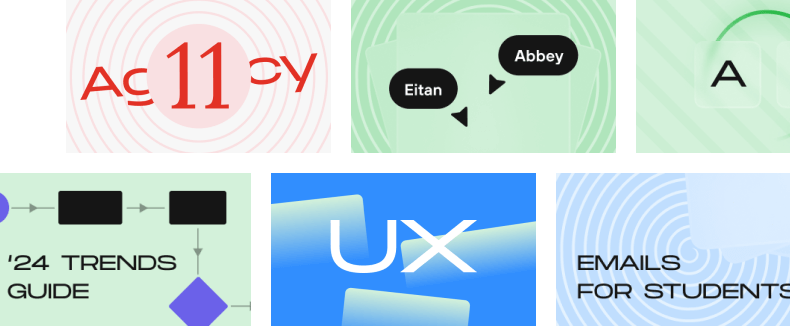An email is an essential form of communication in the modern world, whether for work, school, or personal reasons. Writing a professional email is vital to ensuring that your message is clear, concise, and gets the desired response. Here are some tips for writing a professional email that will make a great impression.
Start with a clear subject line
The subject line of an email is often the first thing a recipient sees, so it's essential to make a great first impression. A clear, concise, and relevant subject line will help ensure that your email is opened and that the recipient knows what to expect. Try to keep your subject line to 50 characters or less so that it's easy to read on a mobile device.
Use a professional email signature
An email signature is a small block automatically added to the bottom of each email you send. This is a great opportunity to add some personality to your email and include important information, such as your name, photo, job title, phone number, and website. Make sure that your signature is professional and appropriate for your audience.
Keep it short and to the point
People are busy and often receive hundreds of emails daily, so it's important to keep your emails short and to the point. Use short, clear paragraphs and benefit from bullet points and numbered lists to break up long blocks of text and make your email easier to read.
Use a professional tone
The tone of your email is just as important as the content. A professional email should have a neutral or friendly tone, depending on the context. Avoid using slang, lots of emoticons, or overly casual language, as these can come across as unprofessional.
Proofread before sending
Before you hit the send button, take a few minutes to proofread your email. Check for spelling and grammar errors, and ensure your message is clear and easy to understand. Don't rely on spell checkers entirely; they may not catch all errors.
Wrapping up
In conclusion, writing a professional email is an essential skill that will help you communicate effectively and make a great impression. By following these tips, you'll be well on your way to writing clear, concise, and professional emails. Remember to start with a catchy subject line, use a professional email signature, keep your email short and to the point, use a professional tone, and proofread before sending.


